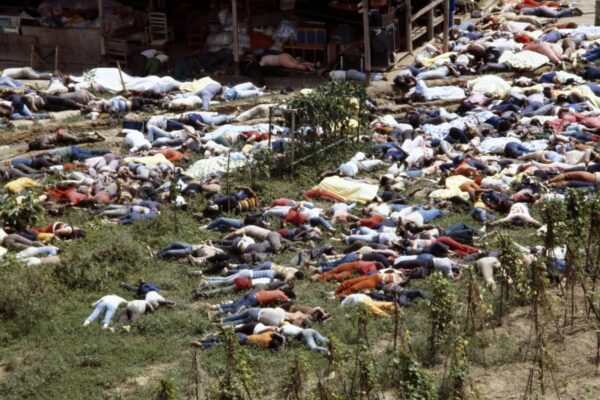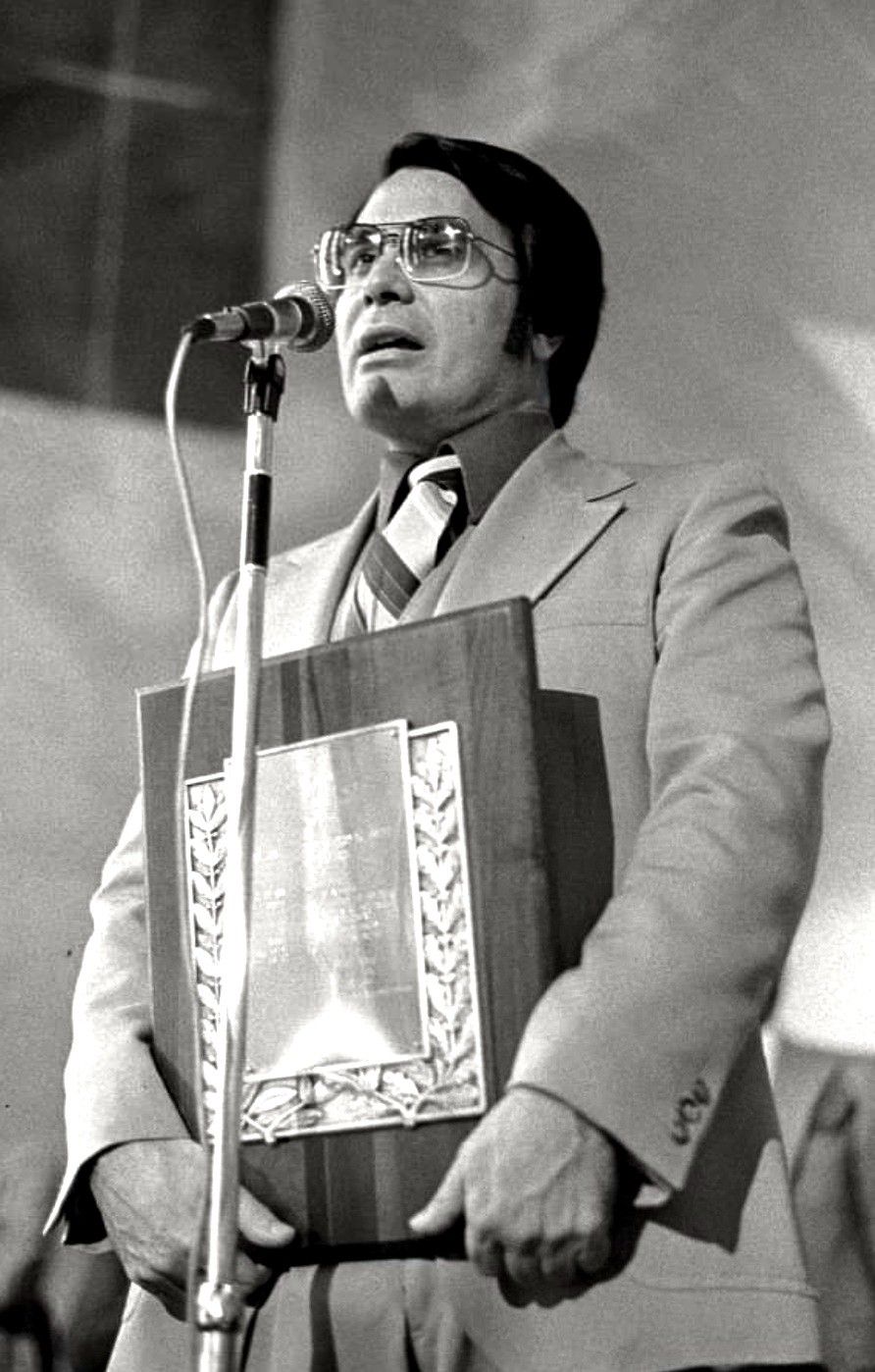A tragic look at the Jonestown Massacre of 1978, exploring faith, fear, survivor stories, and lessons to prevent future cult tragedies.

The Jonestown Massacre: A Tragic Tale of Faith, Fear, and Survival
The Jonestown Massacre is one of the most devastating and shocking events in recent history. On November 18, 1978, more than 900 people died in a remote jungle settlement in Guyana. This mass murder-suicide forever changed how the world views cults, charismatic leaders, and the fragile line between hope and horror.
What Was Jonestown?
Jonestown was established by the Peoples Temple, a religious movement founded and led by Jim Jones. The community was meant to be a utopia, a safe haven from racism, poverty, and political turmoil. Located deep in the Guyanese jungle, Jonestown promised equality, shared resources, and a fresh start for mostly African American and disadvantaged followers from the United States.
Jones preached sermons about social justice, racial equality, and peace, attracting thousands of followers. But what seemed like a beacon of hope soon turned into an isolated, oppressive place. Communication with the outside world was limited. Followers were monitored constantly, and dissent was not tolerated.
Who Was Jim Jones?
Jim Jones was a magnetic preacher with a vision for social change. He gained a large following in the 1960s and 1970s through his church in San Francisco. However, beneath his charisma lay a dangerous man struggling with power, control, and paranoia. He demanded absolute obedience, often using fear tactics, public humiliation, and threats to maintain control.
Jones believed the outside world was out to destroy him and his “family.” Over time, his sermons became darker and more erratic, predicting apocalyptic events and encouraging followers to prepare for “revolutionary suicide” rather than surrender to enemies.
The Tragic Chain of Events
In 1978, concerned relatives of Peoples Temple members contacted U.S. officials about possible human rights abuses. Congressman Leo Ryan agreed to visit Jonestown to investigate.
During Ryan’s visit, several residents secretly asked to leave with him. As Ryan and a group of defectors left Jonestown, they were ambushed at the nearby Port Kaituma airstrip by gunmen sent by Jones. Ryan and four others were killed.
After the attack, Jim Jones forced the remaining residents of Jonestown to drink a cyanide-laced grape-flavored drink, which was administered under coercion to some who resisted. Over 900 people died in what became the largest single loss of American civilian life in a deliberate act until 9/11.
Survivor Stories: Voices from the Shadows
Though the massacre claimed most lives, some managed to escape and survive. Their stories are heartbreaking and show incredible courage.
Odell Rhodes
Odell Rhodes was one of the few who escaped by fleeing into the jungle. Despite being shot in the leg and hunted by armed guards, he hid for hours before finding rescue. His bravery helped shed light on the tragic event.
Tim Carter
Tim Carter, a teenager at the time, ran into the jungle with his sister as the massacre unfolded. They were rescued by Guyanese forces days later. Tim’s account gives a deeply personal view of the chaos and fear.
Deborah Layton
Deborah Layton escaped Jonestown days before the massacre after growing increasingly alarmed at the violence and control. She later spoke openly about her experience, exposing Jim Jones’s manipulation and saving lives by warning others.
Psychological and Social Insights
The Jonestown Massacre is a case study in the power of cult dynamics, psychological manipulation, and groupthink. Followers often experienced intense isolation and dependency. Jones used a combination of charisma, fear, and control to keep his followers obedient.
The tragedy highlights how vulnerable individuals, seeking belonging and hope, can be exploited. It also shows how group pressure and fear can override personal judgment.
Why the Jonestown Massacre Still Matters
More than four decades later, the Jonestown Massacre remains a haunting reminder. It teaches us the dangers of unchecked power and blind faith. Families still mourn lost loved ones, and survivors bear emotional scars.
Understanding Jonestown is vital to preventing similar tragedies. It calls for awareness, mental health support, and education about cult tactics.
Related Stories of Mystery and Darkness
If you find Jonestown’s story gripping, explore these related tales of mystery and manipulation:
- Lost in Time: The Green Children of Woolpit — A medieval mystery of two children with green skin who appeared in a village with unknown origins.
- Charles Manson: The Dark Mind That Led Innocents Into Horror — Another infamous cult leader who manipulated followers to commit horrific crimes.
Important Lessons from Jonestown
- Question Authority: Never accept control blindly. Critical thinking saves lives.
- Mental Health Support: Vulnerable people need help to resist manipulation.
- Recognize Warning Signs: Isolation, fear, and absolute obedience are dangers to watch for.
More Reads on Global Issues and Challenges
For political and economic insights, see Pakistan Under Watch: IAEA and IMF Conditions.
Learn about health funding challenges in A New Chapter for WHO: Surviving Without US Funds.
For more detailed updates and global news, visit America112.

